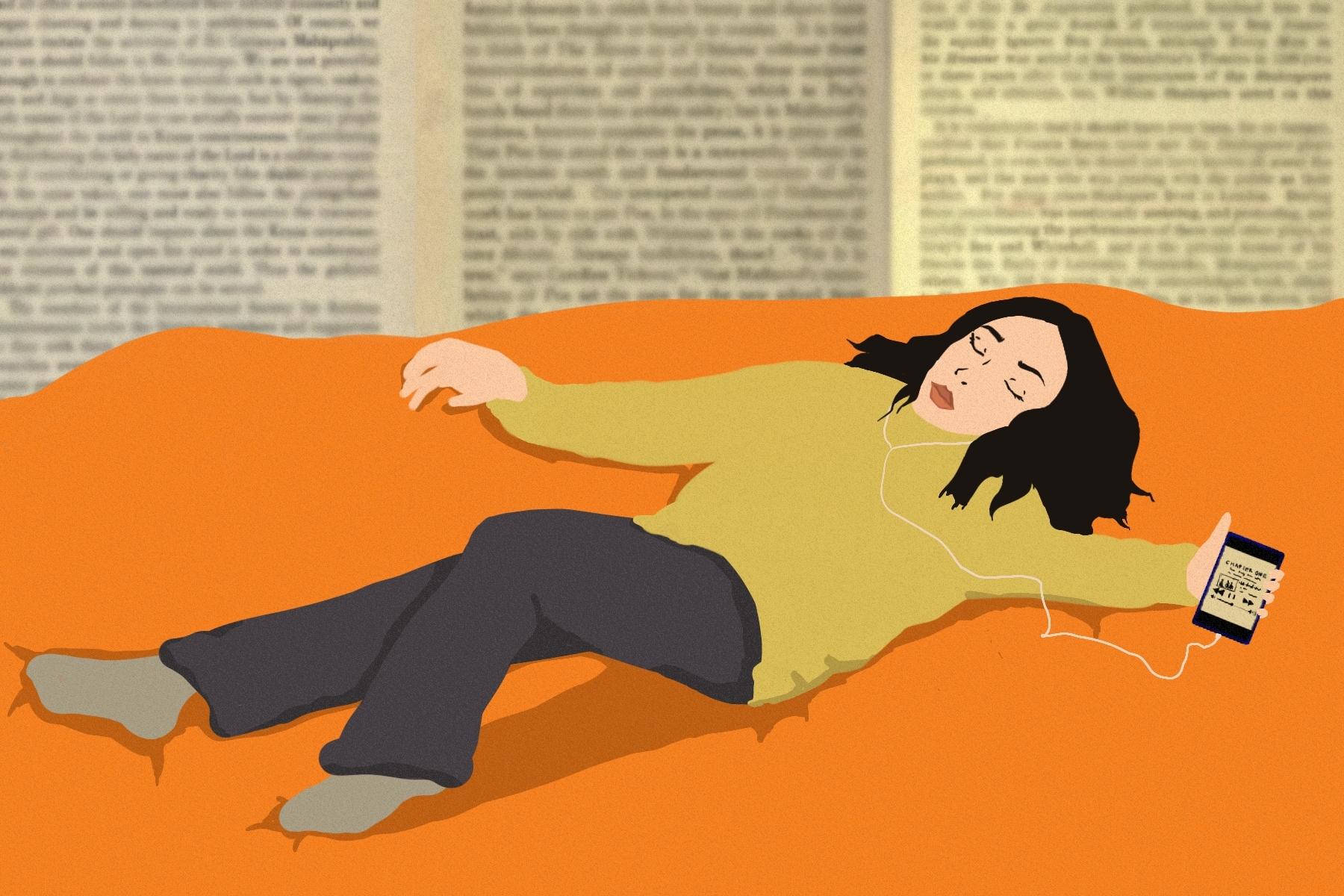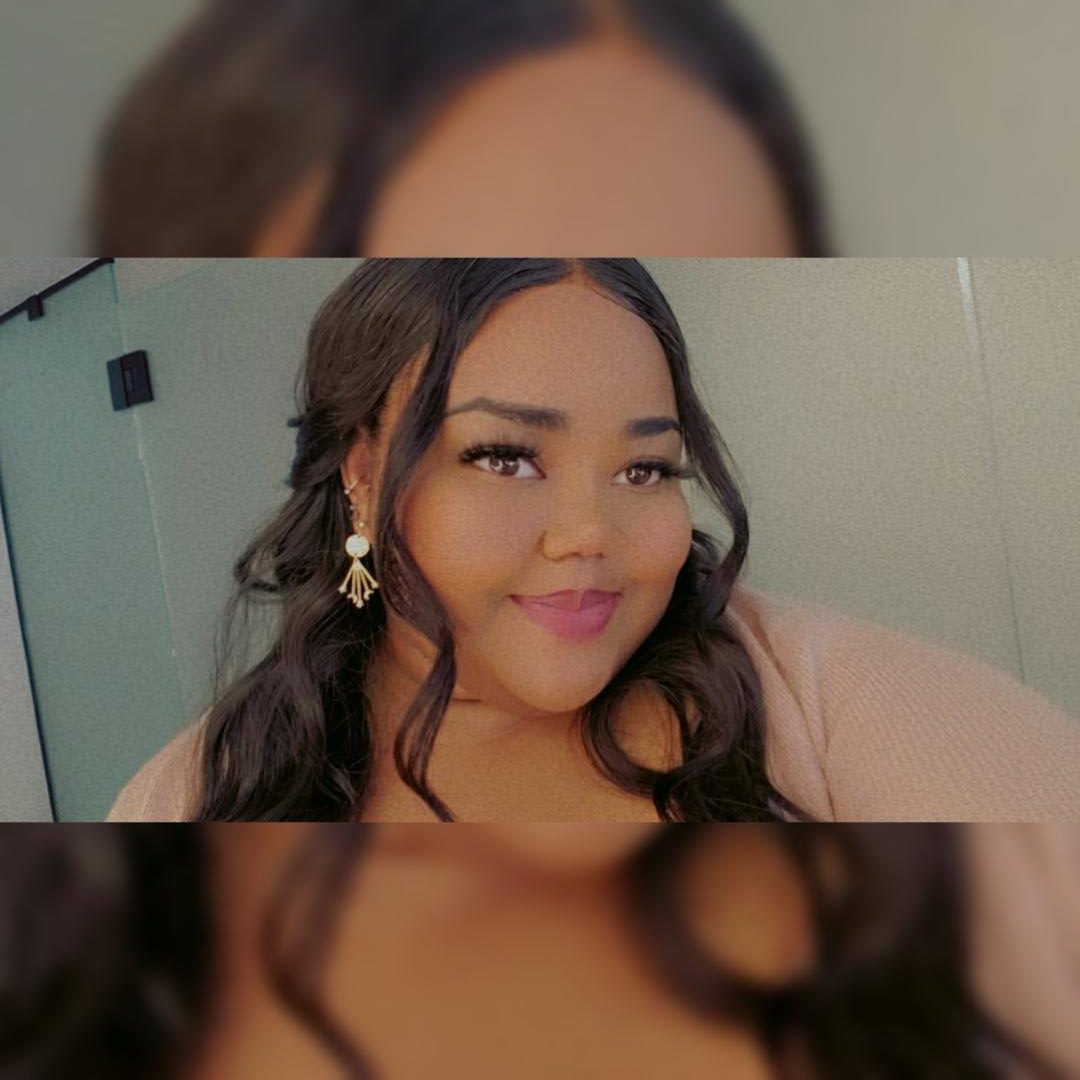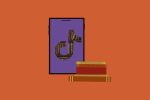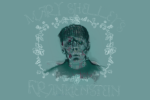I discovered audiobooks later in life when I came across a series I had attempted to read as a child. I distinctly remember reading a novel I won at a school fair; I was pretty confused throughout the read but enjoyed the content nonetheless. I later came to the realization that the book I read was part of a series, and coincidentally was not the first, hence my disorientation during the read. This realization came about when I came across an audiobook of the first novel in the series on YouTube.
The book in question was “I’d Tell You I Love You, But Then I’d Have to Kill You” by Ally Carter; this is the first book of the “Gallagher Girls” series. I remember listening to the audiobooks of each story and falling so in love with the world laid out before me. I remember the way the voice actor, Renée Raudman, expertly shifted the modulation of her voice to represent different characters and set the inner monologue aside from everything else.
“Sadie” by Courtney Summers is another audiobook with exceptional narration. I would go so far as to say that the novel would not have been one of my favorites if I hadn’t stumbled upon the audiobook first. The creators of the audiobook put so much work into it, and it shows. The audiobook feels like a podcast; it brings in an entire cast of characters to build out the world of the novel.
I also find that listening to a book can be much more convenient in many ways. I find myself listening to audiobooks while cooking, driving, eating and even showering. Sometimes, if my eyes have grown tired from reading, I will turn an audiobook on instead. There are many practical elements to using them interchangeably, but once you make a habit of it, the inevitable question comes about.
Are audiobooks considered reading? The short answer: Yes.
Reading is widely defined as the act of moving one’s eyes across paper to comprehend printed words. However, this notion leads many people to believe that reading is limited to visual comprehension. The reality is that despite the printed word being the norm, reading can take different forms, and audiobooks, which rely on sound, are just one of many. Other examples include braille, a method of reading that relies on touch.
The act of reading encompasses word recognition, comprehension and fluency. The pillars that make up the act of reading can be fulfilled through audiobooks, as they provide the same benefits. We are still building upon the same skill sets, just aurally rather than visually. Listeners can expand their vocabulary, enhance their comprehension and stimulate their imaginations. Through audiobooks, many readers also have the chance to improve their pronunciation, which is a benefit that traditional reading lacks.
It can be argued that reading takes more effort or energy, as it requires more active participation. In both audiobooks and traditional reading, you have to process things. In traditional reading, however, processing is an active effort: you must read these words in order to get the story. Listening, however, is more of an experience; it can occur without active engagement on the part of the listener. It utilizes a different part of your brain, one that is always active and immerses you in the story. This notion, however, does not revoke its label as reading.
Denying its status as reading also discounts the fact that audiobooks are more than a mere reading preference; they’re an accessibility tool. They’re made for people who are unable to read visually. Telling someone that the only way they can interact with the written word does not count as reading, by your definition, shows a lack of awareness of their situation. It discounts the efforts they have put into fitting into a world not built for them. According to the World Health Organization, 2.2 billion people in the world are afflicted with some kind of visual impairment. Discounting listening as a legitimate form of reading excludes a large demographic of people in the reading community.
So, what kind of reader are you?

















